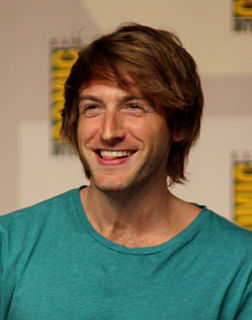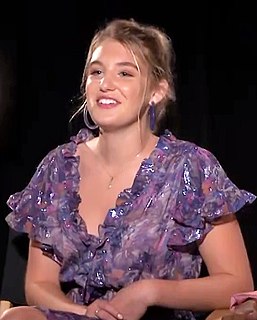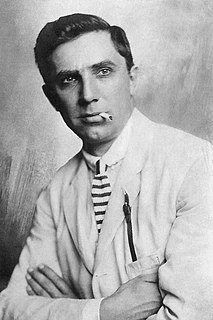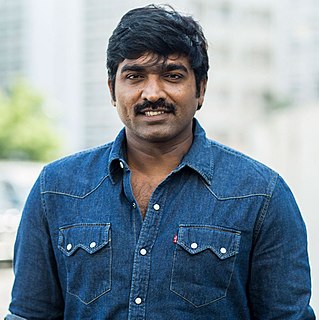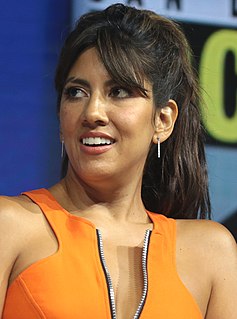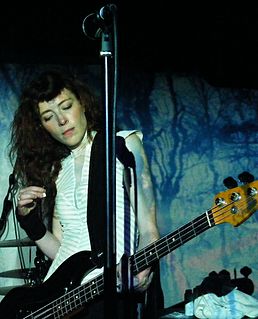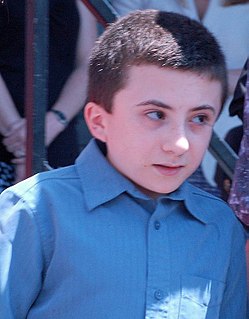A Quote by Asghar Farhadi
Because I write the screenplay entirely and precisely, there is the danger that an actor might feel that this finite role is being imposed on them. I want the actors to feel that this is their own role, and that they can go back to point zero and develop this character.
Related Quotes
I don't see myself as one type of actor. When you get one role, you start to get cast in that role for awhile because that's what people have seen you do, and have hopefully seen you do it successfully. And so, it becomes an easier thing to see you as, for casting directors and directors, and they start to think of you as that particular person or type of character. But, for me, I'm just an actor, first and foremost. The actors I respect are the real character actors, who are the real chameleon actors that completely change from role to role.
I will see 100 or 200 and I will take my time with them and I audition them for the two main roles. If I like what I see, but they're not exactly right for the role, I'll think well I have this other role that might work for them. Sometimes I will write a role for them because I want to work with them because they're so good.
When you go for something because you're curious about it, you get psyched up about the chance of getting into it. It's like an actor meets a role, and you slip into that body and see what happens, to experience certain conditions, to adopt a certain character. Even shooting is a study of the character. I think both the character and the actor, and eventually the filmmaker - myself - are finding a way to accept their environment and being accepted and feel comfortable of themselves.
My problem is, whether it's for emotion or for the talents that a character has to have in a role, I find it very difficult to not take on a challenge. I need to say, "Okay, enough, take the easy road." But the easy road for me is not - it might just come out coincidentally. I wouldn't ever choose a movie because it's easy. I might choose a movie because I feel like being funny, or I feel like being able to do something that is perhaps dramatic, but to a lesser degree. Because I like switching it up, basically, not because I would take the easier road.
With a director it's all about the work; I'd work with a great director over - you know, I'm not the kind of actor who that doesn't go, 'I want to play this role.' It's more like, 'I want to work with this director,' regardless of what the role is because if it's a good director, you'll probably find a good role because it's a decent film. But a mediocre director will always make a mediocre movie.
If you're writing a bi character, did you look at a lot of bi actors for the role? Did you really go and find people that identified as queer? If you did, then great, and if you didn't find anyone you liked in that pool, well, that's surprising. If you write a character that's trans, the time is now - cast a trans actor.
To me to be a solo artist means I can do so many new and exciting things and I feel very strongly that one must evolve and grow. I love being a bass player and I feel really good that I was able to spend a focused chapter defining that role, but I'm not someone that likes being in the same role forever.

